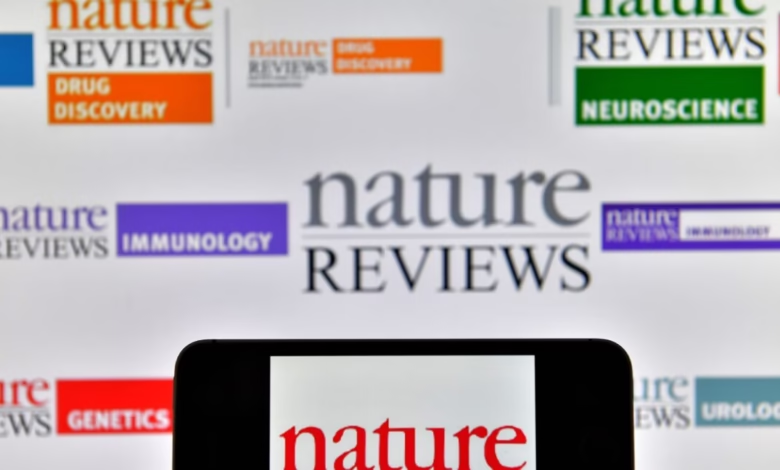
▼ Summary
– Several US federal agencies, including NASA and USDA, are losing access to Springer Nature’s scientific journals due to terminated contracts.
– USDA cited high costs and poor taxpayer value as reasons for canceling subscriptions to Springer Nature publications.
– The Department of Energy has also dropped contracts with Springer Nature, according to government spending records.
– Initially, NIH appeared unaffected, but HHS later confirmed all Springer Nature contracts were terminated or inactive.
– HHS criticized spending taxpayer funds on “junk science” and unused subscriptions as justification for ending contracts.
Federal agencies are cutting ties with Springer Nature publications, including the renowned journal Nature, citing budget concerns and dismissing the content as “junk science.” The move has sparked debate among researchers who rely on these resources for cutting-edge scientific literature.
According to recent reports, NASA, the USDA, and the Department of Energy have all terminated subscriptions with Springer Nature, the publisher behind Nature and numerous other high-impact journals. A USDA representative defended the decision, stating the journals were “exorbitantly expensive” and not a responsible use of taxpayer money. Government spending records confirm the DOE has also discontinued its agreements with the publisher.
Initially, the National Institutes of Health appeared unaffected, but hours later, HHS spokesperson Andrew Nixon clarified that all Springer Nature contracts had been canceled. Nixon went further, labeling the publications as “junk science” and emphasizing that taxpayer funds should not support “unused subscriptions.”
The abrupt cancellations have raised eyebrows in the scientific community, where Nature and related journals are widely regarded as essential for staying current with global research. Critics argue that dismissing peer-reviewed science as “junk” undermines evidence-based policymaking. Meanwhile, supporters of the cuts insist agencies must prioritize cost-effective solutions without compromising scientific integrity.
The long-term impact remains unclear, but the decision could hinder federal researchers’ ability to access critical studies, potentially slowing innovation in fields ranging from climate science to medicine.
(Source: Ars Technica)